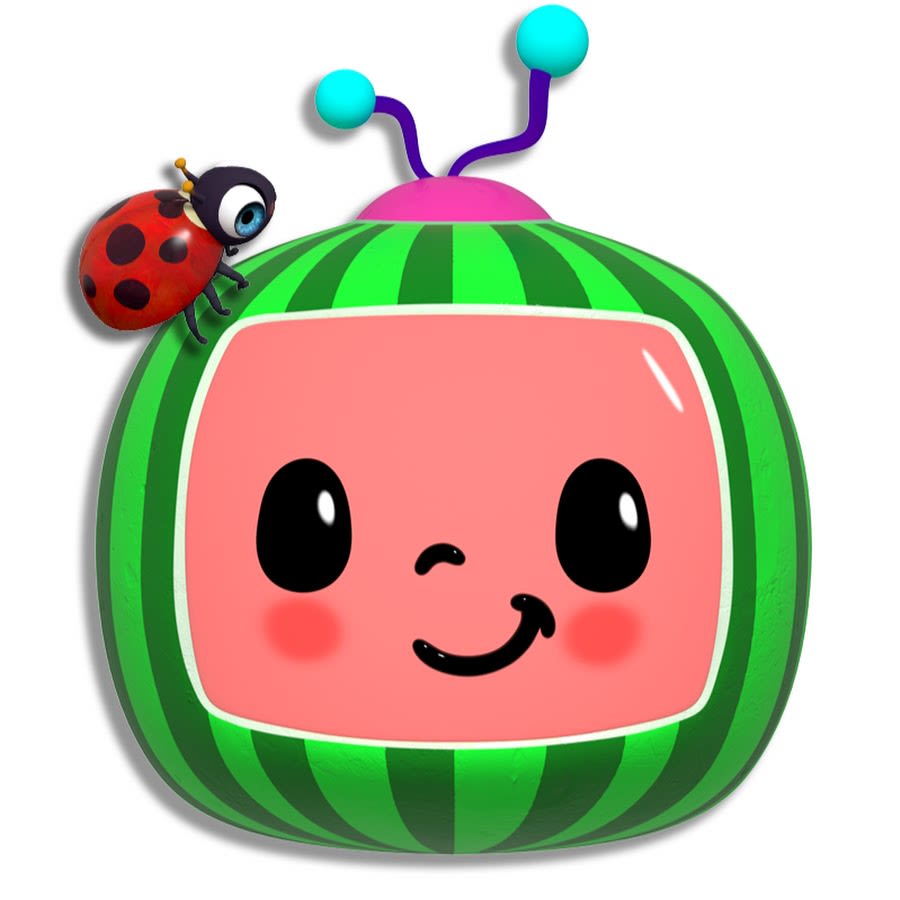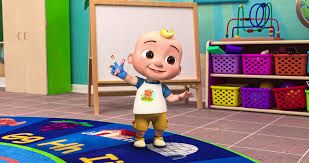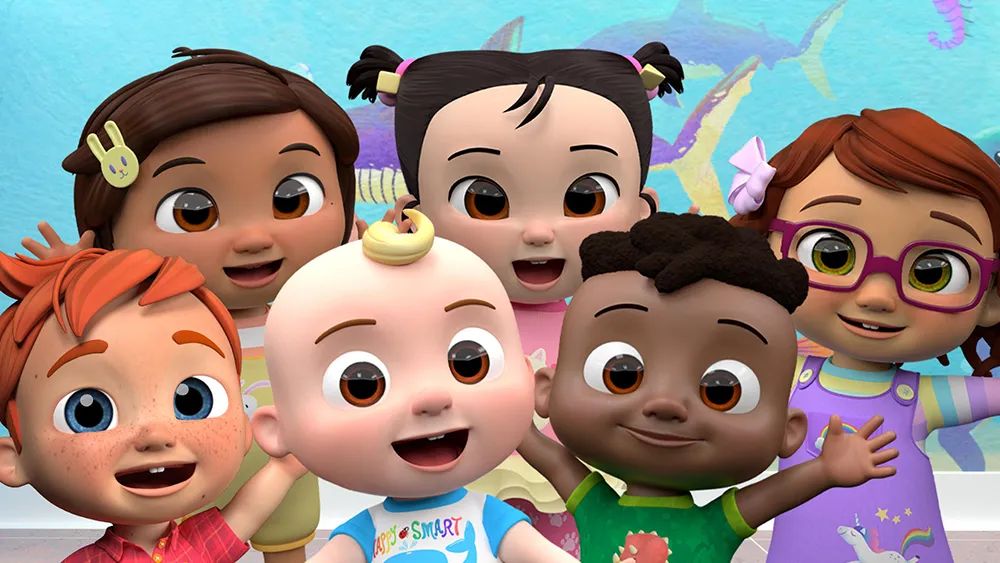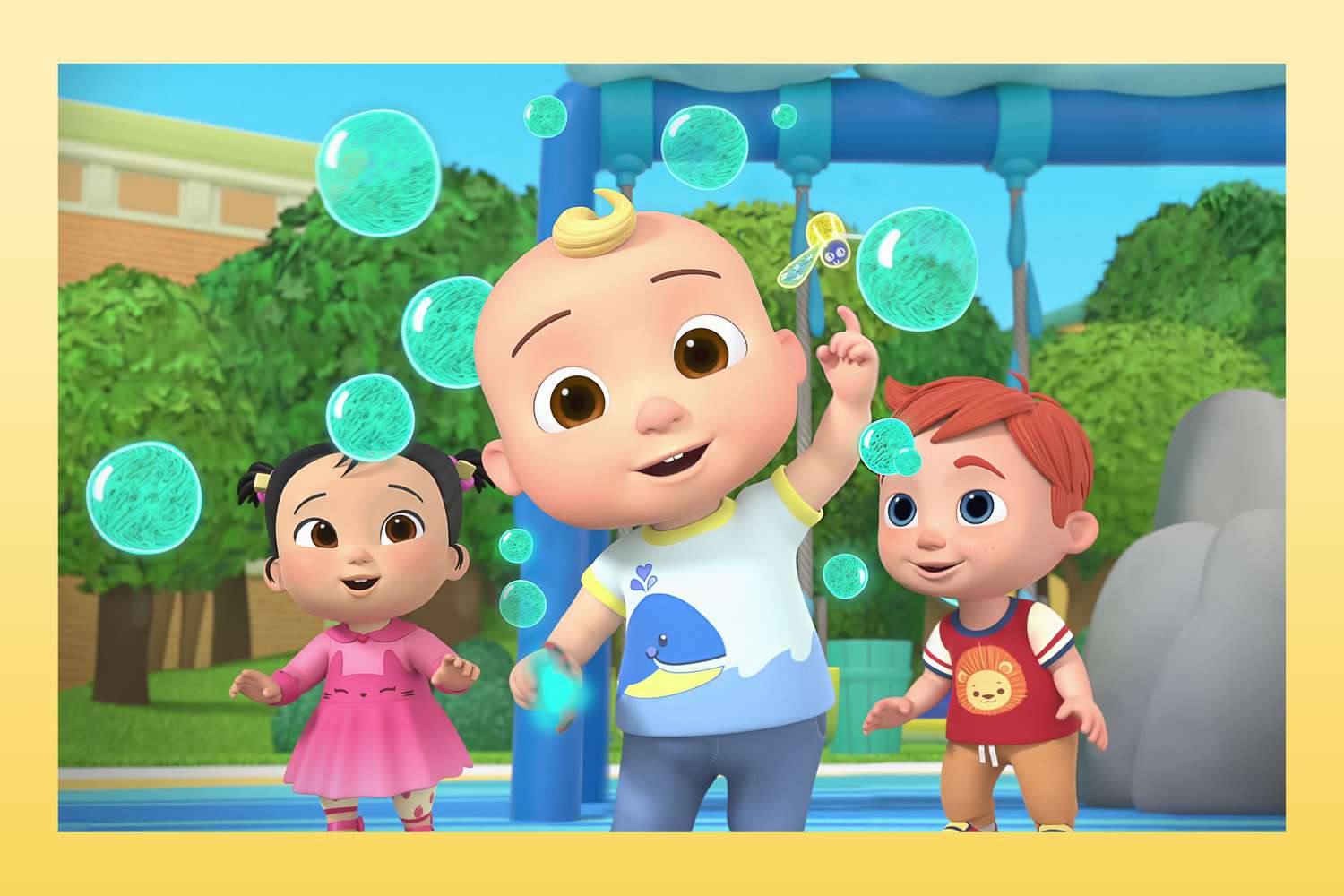Shaping Young Minds:
What CoComelon Teaches Us

If you’ve spent any time with a toddler lately, chances are you’ve heard the familiar jingles of CoComelon playing in the background. With its colourful animations, catchy songs and preschool-friendly messages, CoComelon has become a global phenomenon, captivating young viewers while sparking serious conversations among early childhood educators.
But beyond the catchy tunes and animated smiles, CoComelon represents something bigger: the digital transformation of early childhood education.
As screens become an increasingly common part of young children’s daily lives, educators face a vital question: how do we use digital tools like CoComelon wisely, responsibly and creatively to support healthy development?
That’s where Veritas University College comes in. Through its comprehensive Diploma in Early Childhood Education, Veritas equips aspiring educators with the knowledge, strategies and critical thinking needed to navigate this digital age, without losing sight of what really matters: the child.
CoComelon: Entertainment Meets Early Learning
First launched on YouTube in 2006, CoComelon now reaches billions of viewers worldwide across platforms like Netflix and YouTube Kids. It’s no surprise why it’s so appealing to little ones:
- Simple, repetitive songs make it easier for toddlers to learn words and concepts.
- Bright visuals and friendly characters keep attention and aid emotional recognition.
- Routine-based episodes (like brushing teeth, eating veggies or going to school) help reinforce daily habits.
For many children, CoComelon serves as an introduction to language, numbers, emotions and social behaviour, an extension of the classroom, especially in homes where early learning resources may be limited.
The Screen-Time Dilemma: Help or Harm?
But as with any tool, how CoComelon is used makes all the difference. Experts in early childhood development have raised valid concerns:
- Is the pacing too fast for developing brains?
- Does passive screen time replace active, imaginative play?
- Are all “educational” shows developmentally appropriate?
That’s why it’s critical for educators to not just press play, but to understand, evaluate and build upon what children are watching.
Teaching in the Digital Age: Veritas Leads the Way
Recognising this shift, Veritas University College has introduced a cutting-edge course within its Diploma in Early Childhood Education: “Virtual Teaching in Early Years”
This forward-thinking module does more than acknowledge screen time. It trains future educators to use digital platforms like CoComelon thoughtfully and intentionally. Students learn how to:
- Assess educational content for age-appropriateness and developmental value.
- Create engaging digital content tailored to young learners' needs.
- Blend technology with traditional play, ensuring screen time enhances, not replaces, real-world experiences.
- Facilitate co-viewing and active learning, turning passive watching into interactive teaching moments.
With this course, Veritas empowers educators to move beyond being consumers of digital content, to become creators, curators and critical thinkers in the digital education space.
What Educators Can Learn From CoComelon
Despite its simplicity, CoComelon has reinforced several key truths in early childhood learning:
- Songs boost memory and language development.
Rhymes and repetition help build vocabulary and reinforce social-emotional lessons. - Routine builds confidence.
Repetitive scenes depicting daily activities help children anticipate and understand their own routines. - Media influences behaviour.
Characters model everything from sharing to problem-solving, skills that are crucial in preschool years. - Technology must be paired with human connection. No video can replace the warmth and responsiveness of a caring teacher, but it can support their work when used wisely.
The Veritas Advantage: Teaching for Today, and Tomorrow
Whether you choose the conventional or online (ODL) route, the Veritas Diploma in Early Childhood Education ensures graduates are not only grounded in child development and curriculum planning, but also ready to embrace the digital realities of today’s learning environments.
You’ll explore modules in:
- Child psychology and growth
- Creative arts and learning through play
- Inclusive and multicultural teaching
- Digital tools and media literacy
- Family and community engagement
And with the “Virtual Teaching in Early Years” module, you’ll graduate with the confidence to lead digital classrooms, evaluate content like CoComelon and deliver meaningful learning experiences, online and offline.
A New Era of Educators
CoComelon may have opened the door to digital-first learning for millions of children, but it’s the educator who decides what’s on the other side. At Veritas University College, you’ll become more than a teacher. You’ll be a guide, creator and innovator, ready to shape the future of education in a world where tech and toddlers are growing up together.
Explore Your Path to Becoming a 21st Century Educator:
🎓 Diploma in Early Childhood Education (Conventional)
💻 Diploma in Early Childhood Education (ODL)
Ready to transform screen time into learning time? Start your journey with Veritas today.



